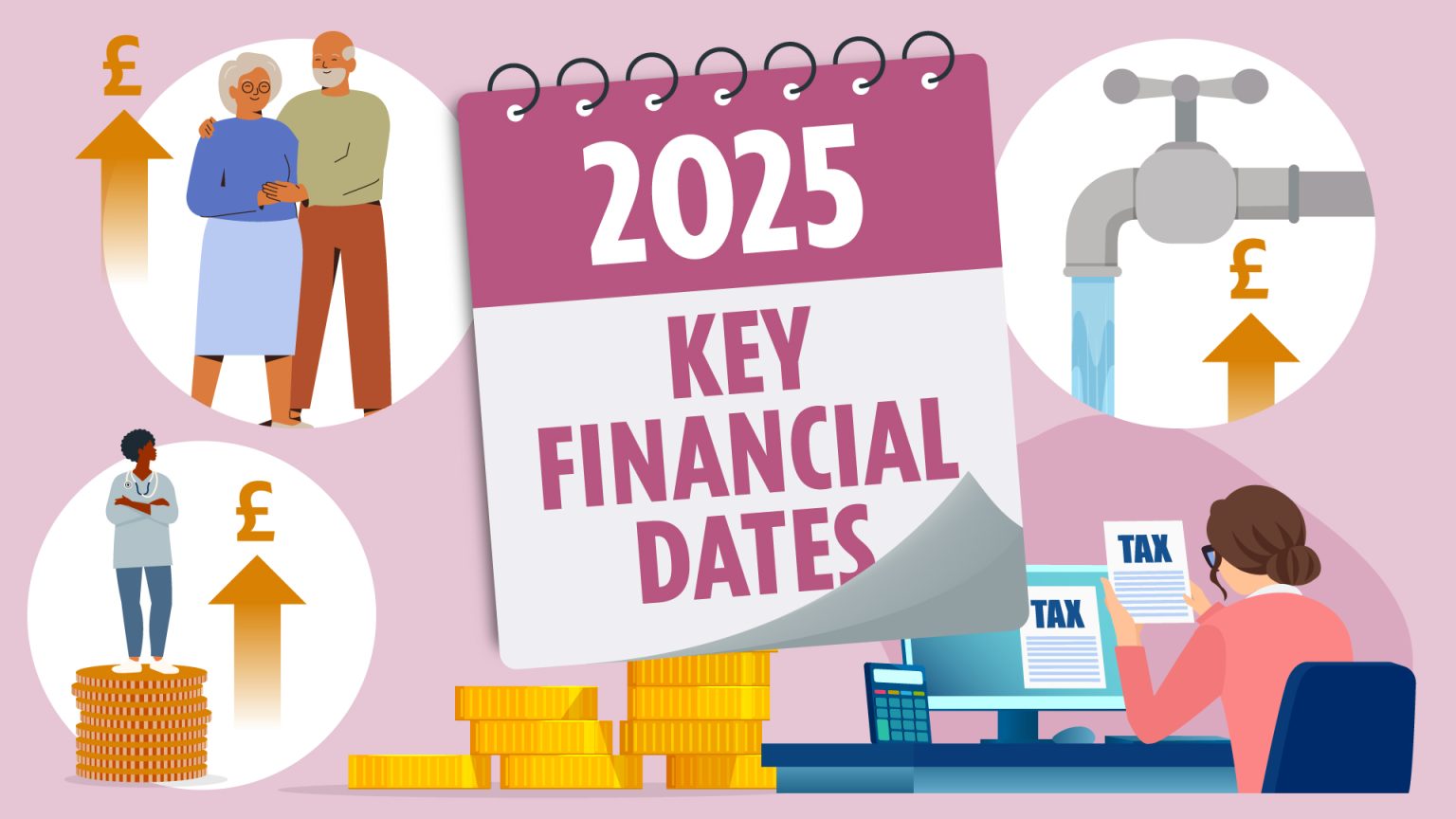Financial Changes and Key Dates in 2025
The year 2025 brings a wave of financial changes impacting household budgets across the UK. From fluctuating energy prices and rising transport costs to adjustments in wages and benefits, staying informed about these key dates is crucial for effective financial planning.
January – Energy, Transport, and Winter Fuel Payments: The new year begins with adjustments to the energy price cap, potentially impacting household energy bills. Simultaneously, bus fare caps increase, requiring budget adjustments for commuters. January also marks the deadline for confirming Winter Fuel Payments, a crucial benefit for eligible pensioners. Those who haven’t received their payment by this date should contact the relevant authorities. The month concludes with the self-assessment tax return deadline, carrying potential penalties for late submissions.
February – Alcohol Duty, Interest Rates, and Energy Price Cap Preview: February sees the end of the alcohol duty freeze, leading to price increases on non-draught alcoholic beverages. The Bank of England’s interest rate decision could influence savings rates and mortgage costs. Furthermore, the upcoming energy price cap for the following quarter is published, providing an early indication of potential energy bill changes.
March – Transport Costs, Household Support, and Rail Fare Hikes: March witnesses a rise in rail fares, impacting commuters. The deadline for Household Support Fund applications arrives, offering crucial assistance for struggling households. This fund provides support for essential expenses like gas, electricity, and food. Applying promptly is essential, as funds are limited.
April – Bills, Wages, Tax Year End, and Benefit Changes: April marks a significant period of financial adjustments. Council tax, water bills, and TV licence fees increase, impacting household budgets. Concurrently, the National Living Wage and minimum wage see a rise, benefitting lower-income earners. The tax year concludes, offering a final opportunity to maximize ISA contributions. Significant changes to tax credits also occur, with Universal Credit replacing existing schemes. Pensioners will see an increase in their state pension payments due to the triple lock guarantee. The Help to Save scheme expands its eligibility criteria.
May – Potential Prescription Charges and Energy Price Cap Update: May may bring potential increases in NHS prescription charges, impacting those requiring regular medications. The energy price cap for the summer months is published, providing insight into potential bill fluctuations. Considering a Prescription Prepayment Certificate can offer savings for individuals requiring frequent prescriptions.
June – Service Discontinuation and Mortgage Scheme Closure: The Radio Teleswitch Service for electricity meters ends, potentially affecting households reliant on this technology. The mortgage guarantee scheme concludes, impacting first-time buyers and those seeking mortgages with smaller deposits. Contacting energy suppliers to check meter compatibility is crucial for those using the Radio Teleswitch Service.
July – Energy Price Cap Update and Tax Payment Deadline: The updated energy price cap for the summer months comes into effect. The deadline for the second payment on account for self-assessment taxpayers arrives. Taking meter readings before the price cap change ensures accurate billing.
August – Student Fees, Inflation Figures, and Energy Price Cap Preview: August sees a rise in university fees, impacting students and their families. July inflation figures are released, influencing future rail fare adjustments. The energy price cap for the autumn/winter period is published, offering an early glimpse into potential energy bill changes.
September – Wage and Inflation Data for Future Benefit Adjustments: Key data impacting future benefit and state pension adjustments are released in September. Wage figures influence the state pension triple lock calculation, while the September inflation figure plays a role in benefit uprating. These figures are crucial for understanding potential changes in benefit payments and the state pension in the following year.
October – Energy Price Cap Update, Self-Assessment Registration, and Tax Return Deadline: The energy price cap for the final quarter of the year takes effect. The deadline for registering for self-assessment arrives for those required to file tax returns. The deadline for submitting paper tax returns also occurs. Taking meter readings before the price cap change ensures accurate billing.
November – Potential Budget Announcement and Black Friday Sales: The government’s Budget announcement is likely to take place in November, potentially revealing further financial changes. Black Friday sales commence, offering potential savings on various goods. Staying informed about Budget announcements and researching Black Friday deals can help manage finances effectively.
These are some of the significant financial dates to be aware of in 2025. Keeping track of these changes and deadlines will allow for better financial planning and informed decision-making throughout the year. Remember to consult official sources for the most up-to-date information and consider seeking professional financial advice when needed.


